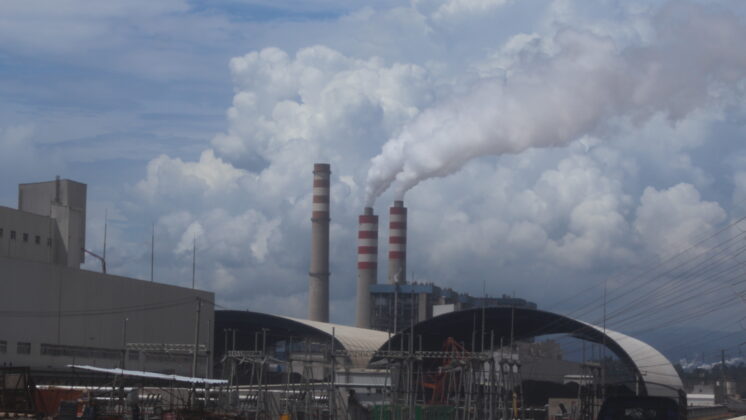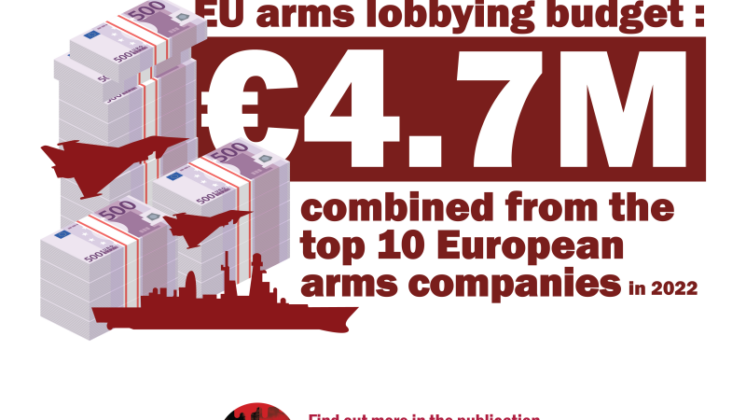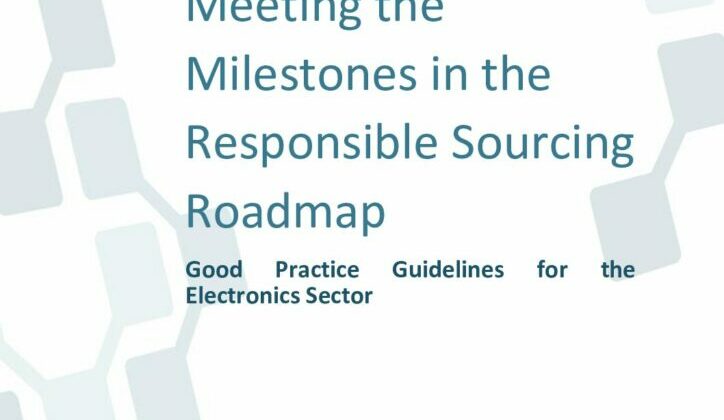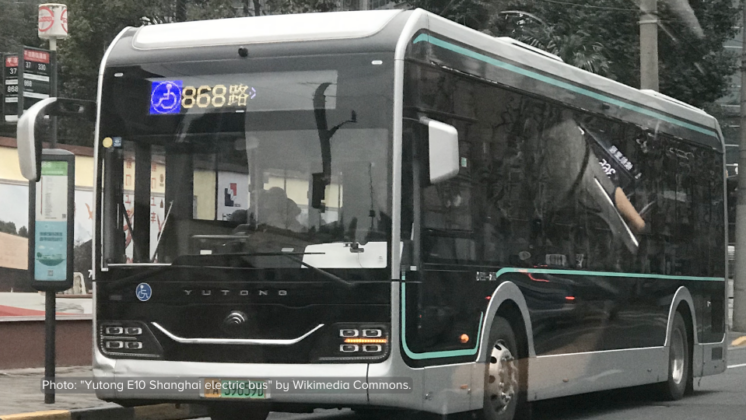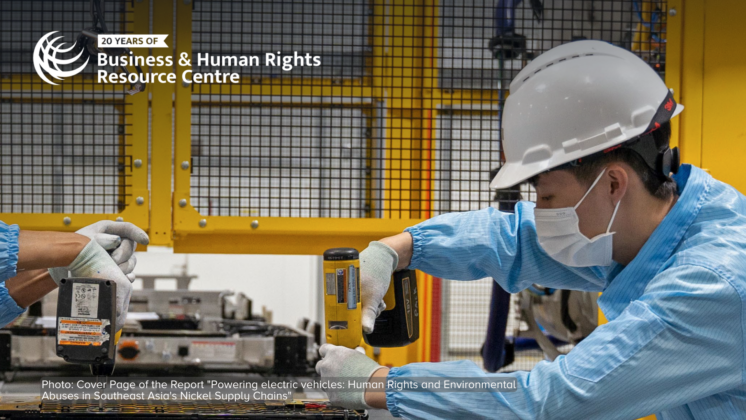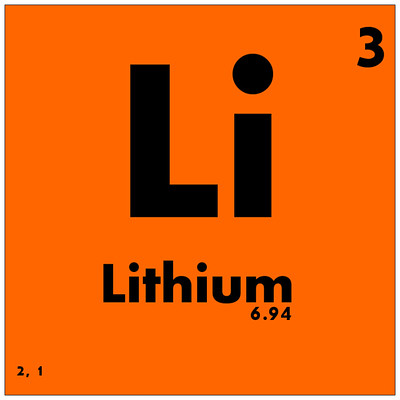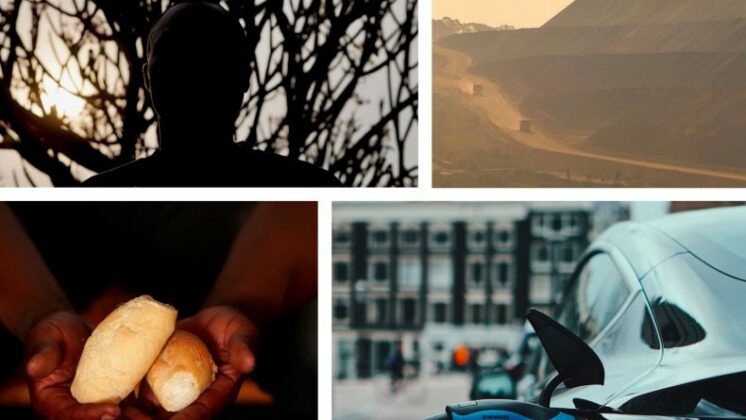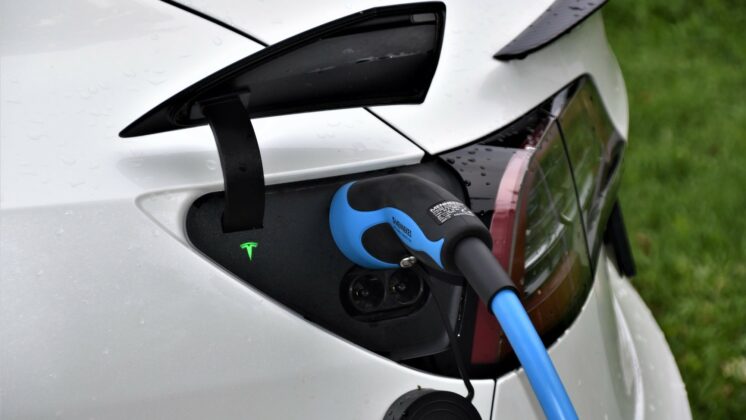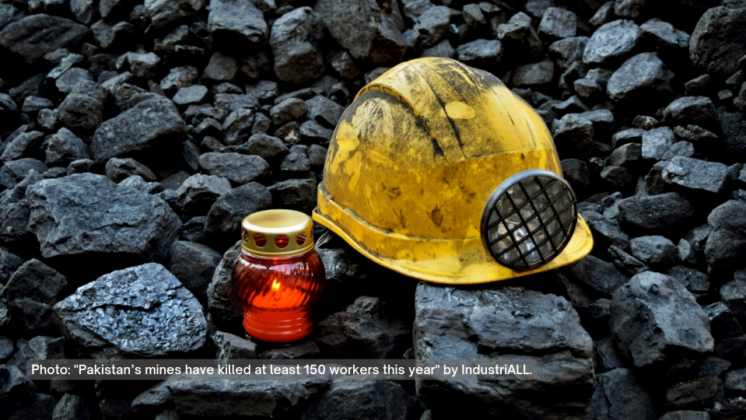Minerals that are used for every day products like smartphones, laptops and TVs are often tainted with human rights abuses like child labor and the financing of armed conflict. Existing laws and regulations to keep ‘conflict minerals’ out of the supply chains of these products are overlooking risks in countries other than the Democratic Republic of Congo (DRC), like Colombia, Peru and Myanmar.
Most of the existing regulation on conflict minerals – tin, tungsten, tantalum, and gold (3TG) – has focused on the DRC and surrounding territories. According to a new report of the risk analytics group Verisk Maplecroft, ‘extreme risks’ exist around the sourcing of tin, tungsten, tantalum and gold in other countries like Colombia, Peru and Myanmar. Armed groups are involved in the production of these minerals in Colombia and Myanmar and output is traced to Chinese factories producing electronics products.
In the same week as the report is published, the EU passed new regulations on the sale and trade of minerals.
Stefan Sabo-Walsh, director of Commodities research at Verisk Maplecroft states: “Businesses have rightly focused on eliminating their use of 3TG minerals linked to conflict in DR Congo. However, organizations need to be aware of the bigger picture when sourcing minerals from different countries, otherwise they risk a consumer backlash or regulatory penalties from the raft of emerging supply chain legislation such as those set to come into effect in the EU.”


